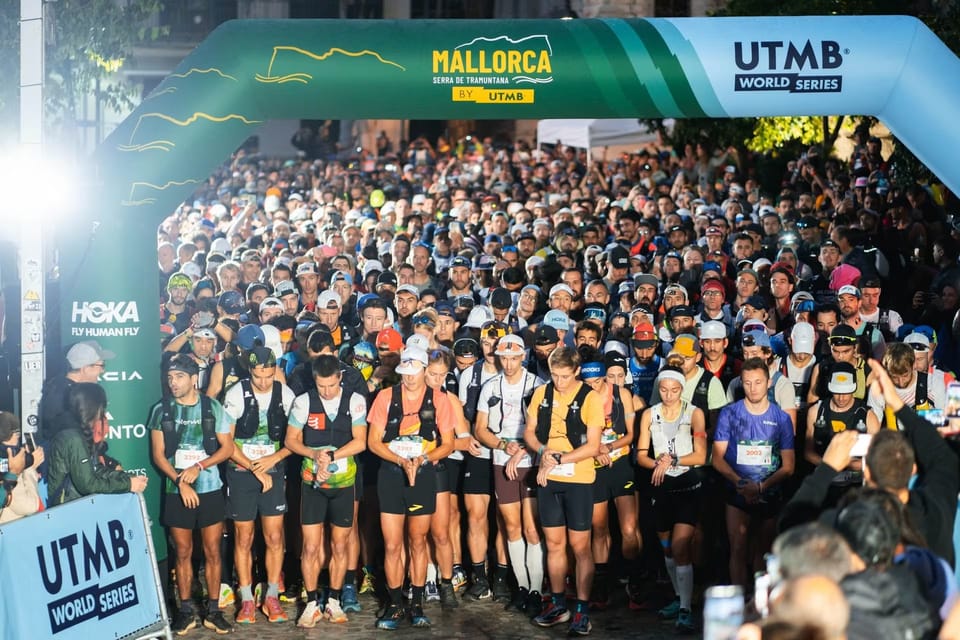New Years’ Resolutions
Big, sexy workouts look great on instagram, but longevity, enjoyment and health trumps everything!

It’s that time of years when many of you will have come up with some New Year’s resolutions. Many of these will be fitness and health oriented goals - exercise more, lose some weight, dry January, go to the gym 3 times a week! Unfortunately, despite the enthusiasm that a new calendar year brings, we know that most of those new gym memberships go unused by the middle of January. The initial excitement wanes, and many of us fall off the wagon. Hopefully that isn’t you!
One of the things I see frequently, and for which social media is largely to blame, is that desire for very rapid and large gains. This irks me a lot, as it is just not reality! Everyone is looking for a shortcut. Our attention spans are at an all time low and everyone is looking for a quick fix. Influencers post that key workout, the all-important supplement you must buy, or that magic formula of exercises that will propel you to the pinnacle of fitness. Beware of this. Anything that sounds too good to be true, usually is.
True performance, health and fitness gains demand patience. The principles we should adhere to are of consistency and progressive overload. Consistency means showing up day in, day out. The hardest part of any workout is often just getting out the door. Remove the friction, and place your exercise gear at the end of the bed so that when you wake, everything is ready to go. Arrange to meet friends at the gym as it will make you accountable and less likely to bail. When you’re motivated, figure out what will work for you and set aside specific times to exercise. Put these times in your calendar so you don’t double book yourself, and learn to say no to conflicting requests of your time; after all what can be more important than your health?
Progressive overload refers to the principle of slowly increasing the accumulated stress on a system in order to force adaptations. If your goal is to run a marathon, you don’t head out the door and run 42.2 kms that first weekend! That would be crazy, and doomed to failure! You start with shorter runs and slowly build the volume, eventually cumulating in your 42.2 km run. By slowly increasing the load, and interspersing your harder or longer runs with adequate recovery, the body adapts. But these adaptations take time. If you try to take shortcuts you will end up disheartened, injured and burnt out. So go slow, but be methodical and do a little more week by week! The world’s greatest marathoner , Eliud Kipchoge, uses the phrase “Slowly by slowly”. I believe he’s referring to this slow but gradual build up.
A big trend right now is the HIIT workout. These are short, hard, intense and lung busting workouts that, no doubt, do have a role, and which can bring very rapid improvements in fitness. But they do not build long term fitness, they are not sustainable over weeks and months, and in many cases lead to injury. Sure, they feel awesome, as there is a huge spike in adrenaline, endorphins and dopamine; these are addicting workouts, and the rapid gains in fitness are very enticing, but caution is needed if you want to avoid injury or burnout. Hard workouts cause damage to our muscles and connective tissues, and this tissue needs time to recover, rebuild and repair. A much better approach then is to build a solid basis in aerobic fitness over many months. This means a lot of slow and perhaps boring bouts of exercise. Running or skiing at a slow, comfortable and conversational pace is one great example. And only once we have build up the requisite resilience and the strength in our heart and lungs, muscles and joints, should we jump into the lung busting stuff! We should only attempt these tougher workouts once we have the capacity to handle them, and the dose needed to produce gains is very low! These hard workouts should be performed perhaps only once every week or two.
So as you try to keep motivated these next few months, and strive to keep up with the promise you made to yourself January 1st, be kind to your body! Take things slow. Your workouts should be easy and sustainable. You should feel like you could do the same workout for many days on end! You do not need to destroy yourself. Remove the friction to getting out the door. Set up a network of likeminded friends and make a commitment to each other. Workouts should be enjoyable and just challenging enough to build fitness over many weeks to months. Add a little more each week, and take a rest day when you feel you need it. Listen to your body and deal with the small niggles before they become bigger injuries. Big, sexy workouts look great on instagram, but longevity, enjoyment and health trumps everything!



